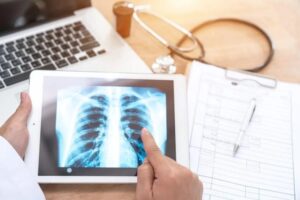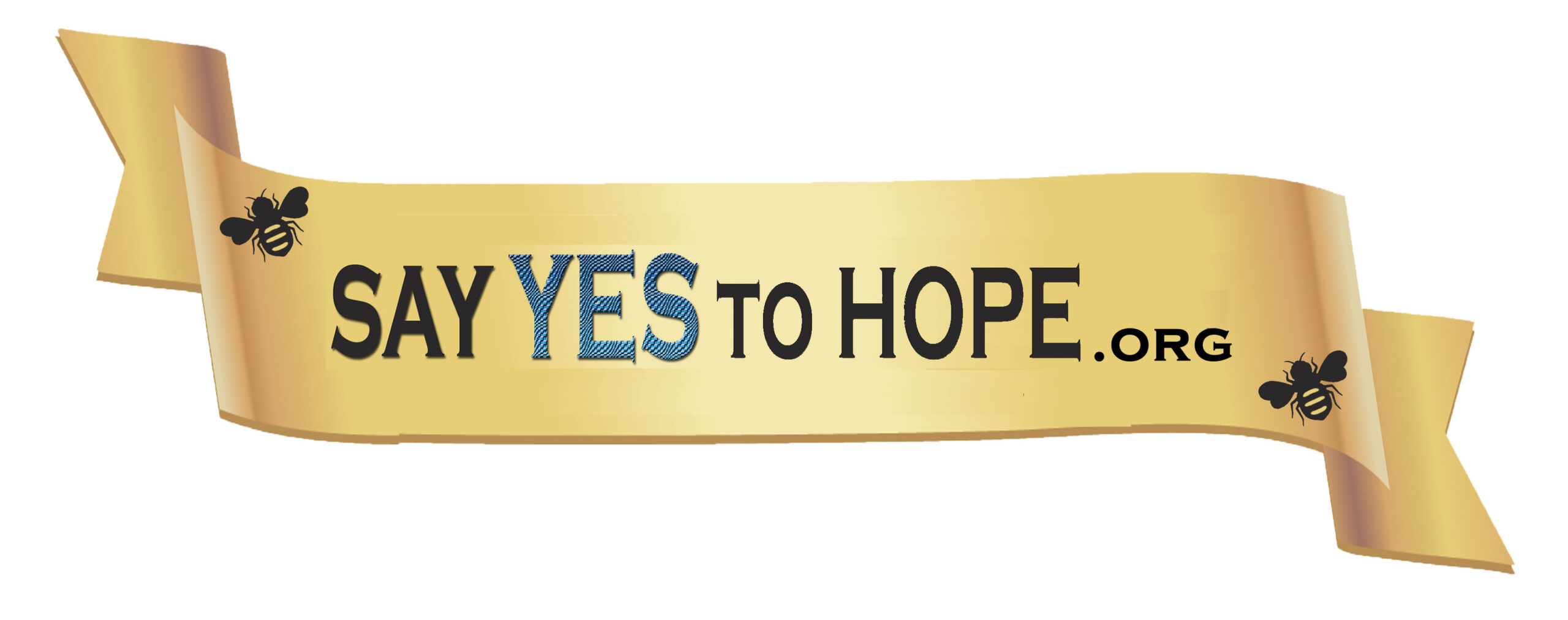Chemotherapy for Lung Mets
 When cancer spreads to the lungs, it is called metastatic disease. Treatment for cancer metastatic to the lungs is usually determined by the primary cancer or origin of the cancer. These treatments may include hormonal therapy, targeted therapies, chemotherapy, immunotherapy, or a combination of treatments.
When cancer spreads to the lungs, it is called metastatic disease. Treatment for cancer metastatic to the lungs is usually determined by the primary cancer or origin of the cancer. These treatments may include hormonal therapy, targeted therapies, chemotherapy, immunotherapy, or a combination of treatments.
Clinical trials are now in progress studying inhaled chemotherapy, with the hope that delivering chemotherapy directly to the lungs will be effective with fewer side effects.
Chemotherapy and Biologics
What is chemotherapy? What are Biologics?
Chemotherapy, often called chemo, is the use of strong drugs to treat a wide variety of cancers. If your cancer has metastasized or spread to the lungs, you will continue to be treated by chemotherapy and/or targeted treatments for the type of cancer you have been diagnosed with..
Chemo is used in about half of all cases of cancer, and it is often used in combination with other therapies. It works by killing cancer cells throughout the body as they are in the process of duplicating. Different drugs target specific aspects of the replication process. Hundreds of chemotherapy drugs exist, and generally a combination of several drugs will be used in an individual’s treatment.
Biologics include a wide range of drugs that are developed for their ability to specifically target cancer cells, stimulate the immune response, and/or aid in your recovery from cancer treatment. Biologics are often used in combination with other therapies, including chemotherapy.
There are three main categories of biologics: Substances that are nearly identical to the body’s own key signaling proteins. These signals can either act to activate your immune system to fight the cancer or act to stimulate blood production. Monoclonal antibodies designed to target a specific cell type. These specialized antibodies are similar to the antibodies the human immune system uses to fight off bacteria and viruses, but their targeting mechanism is custom-designed to fight cancer cells. Agents that interfere with chemical processes in cancer cells, including those regulating their growth, survival, and blood supply.
The chemo and/or biologics you receive will depend on your specific type of cancer. They can be used for different reasons such as keeping cancer from spreading or slowing it’s growth, to shrink or destroy cancer cells that have spread to other parts of the body, to relieve or diminish cancer symptoms, and to cure cancer. Sometimes, chemotherapy and biologics are the only cancer treatments a patient needs. Usually, though they are used along with other treatments that can include surgery, radiation therapy, and targeted therapies.
Most chemo and biologic drugs are given in one of these ways:
- Pill or liquid that can be taken carefully at home.
- As a shot. The shots may be given in your doctor’s office, a hospital, a clinic, or at home.
- Most of the time chemo and biologics are given through an IV. The medications are put into your vein through a needle or tiny plastic tube called a catheter.
- Other types of chemo can be put right into the spine, chest, or belly (abdomen), or rubbed on the skin.
How often will I receive chemo or biologics?
Chemotherapy and biologics can be administered alone or in combination, generally over a period of 3 to 6 months. Your treatment will most likely include 4 to 8 cycles. A cycle refers to the time when your treatment is administered and the rest period that follows. For example, if your cycles are 2 weeks long, you may receive treatment on days 1 and 2, then no treatment will be given on days 3 through 14. The next cycle would begin on day 15. Chemo and biologics may be administered once a day, once a week, or even once a month. It depends on the type of cancer you have and the drugs you are getting. Chemo is usually given with breaks between treatment cycles. This break gives your body time to rest, rebuild, and rejuvenate. How long you will receive chemo depends on the type of cancer, your stage of cancer your treatment goals, and your response to treatment.
Questions to Ask:
- What is the goal of chemo and/or biologics for my cancer?
- How will we know if the chemo and/or biologics is working?
- Will chemo and/or biologics cure me?
- Can I use other treatment besides chemo and/or biologics or along with chemo and/or biologics to treat my cancer?
- How will I get chemo and/or biologics ?
- How often will I get chemo and/or biologics ?
- How long will it take for me to receive treatment?
- What side effects will I have?
- What can I do to make the side effects more manageable?
- Will I have to undergo surgery or radiation? If so, when and why?
- Does my insurance cover chemo and/or biologics ? If not, how will I pay for it?
- Will I still be able to work during treatment?
- What is the goal of chemo and/or biologics for my cancer?
- How will we know if the chemo and/or biologics is working?
- After chemo and/or biologics , will I be cured?
- Are there other ways besides chemo and/or biologics to treat my cancer?
- If chemo and/or biologics do not work, are there other treatments for me?
- How will I get chemo and/or biologics , how often, and for how long?
- What side effects should I watch for?
- Is there anything I should do to get ready for treatment?
- Will I have surgery or radiation? If so, when and why?




